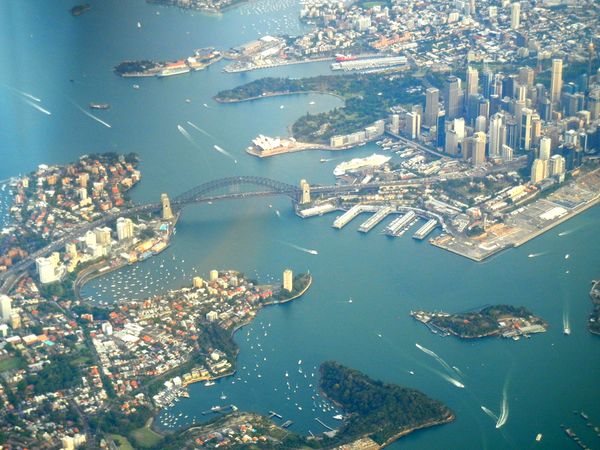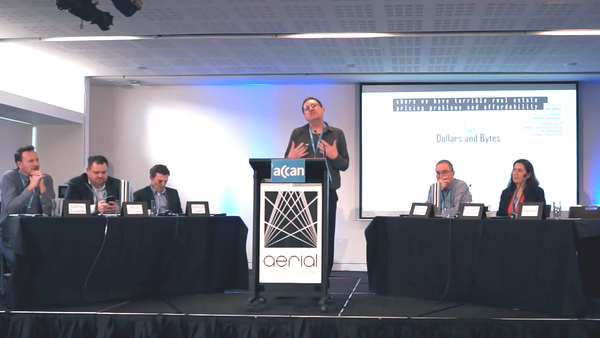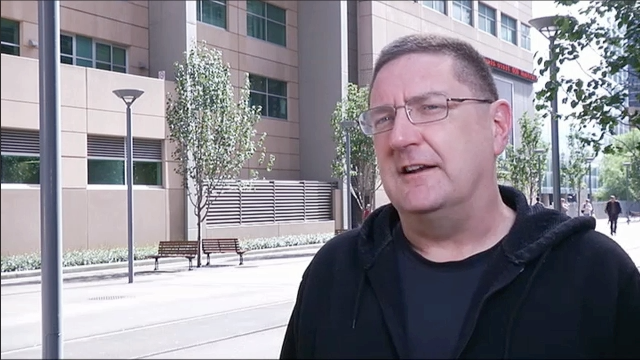 Monday 12 to Sunday 18 November 2012 was another week dominated by travel — this time returning from Singapore on Monday, spending almost two days in Sydney, then heading to Coffs Harbour on the mid-north coast of NSW through until Saturday.
Monday 12 to Sunday 18 November 2012 was another week dominated by travel — this time returning from Singapore on Monday, spending almost two days in Sydney, then heading to Coffs Harbour on the mid-north coast of NSW through until Saturday.
This is also another week where you just get the facts of the media objects I produced. Heck, if you really want to know what’s happening in my world then follow my Twitter stream.
Podcasts
- Patch Monday episode 163, “The law and technology behind Australia’s internet filtering”. Conversations with David Vaile, director of the Cyberspace Law and Policy Centre at the University of New South Wales, and high-profile network engineer Mark Newton.
Articles
Two more articles were written as well, but they won’t appear until the coming week.
Media Appearances
Corporate Largesse
- On Monday I flew back from Singapore, ending my trip there that was covered by Verizon Enterprise Solutions. This was all detailed last week. Related stories have yet to appear.
- On Tuesday I attended the launch of VMware’s Cloud Index, which was a lunch at Sydney’s new QT Hotel. This is what happened to the old State Theatre and Gowings buildings. They paid, obviously. Again, related stories have yet to appear.
- Wednesday through Friday I attended Flexibility 2012, the local government IT conference in Coffs Harbour that was organised by the Coffs Harbour City Council. Technically this isn’t largesse, because I spoke at the conference and wasn’t paid an appearance fee. I’ll post the audio of that presentation and an annotated transcript some time in the next few days. Nevertheless I’ll record the fact that they covered flights to and from Sydney, two nights accommodation at the conference venue, Opal Cove Resort, plus food and drink. [Update 20 November 2012: They also gave me some local produce as a gift, a jar of Valley of the Mist macadamia nut chutney.]
The Week Ahead
The week ahead is annoyingly unplanned. I had intended to go to Melbourne on Wednesday for the 5th birthday party of Business Spectator, parent of Technology Spectator, a masthead for which I write. But it’s looking like my cashflows won’t be good for that.
So, I’m going to map out the week in detail tomorrow, Monday. I’ll do a supplementary blog post then.
[Photo: Sydney Harbour from the air, taken from Qantas flight QF2117 yesterday. The image isn’t the sharpest, and neither does it have the best colour grading, because it was shot through both the plane window and the arc of the spinning propeller. But at least it gives a small flavour of the magnificent view.]
 “Will the latest wave of digital disruptors liberate consumers from monopolies or shackle them to new ones?” asked the Australian Communications Consumers Action Network (ACCAN) in the program notes for the somewhat amusing debate which ended their annual conference back on 2 September.
“Will the latest wave of digital disruptors liberate consumers from monopolies or shackle them to new ones?” asked the Australian Communications Consumers Action Network (ACCAN) in the program notes for the somewhat amusing debate which ended their annual conference back on 2 September.


